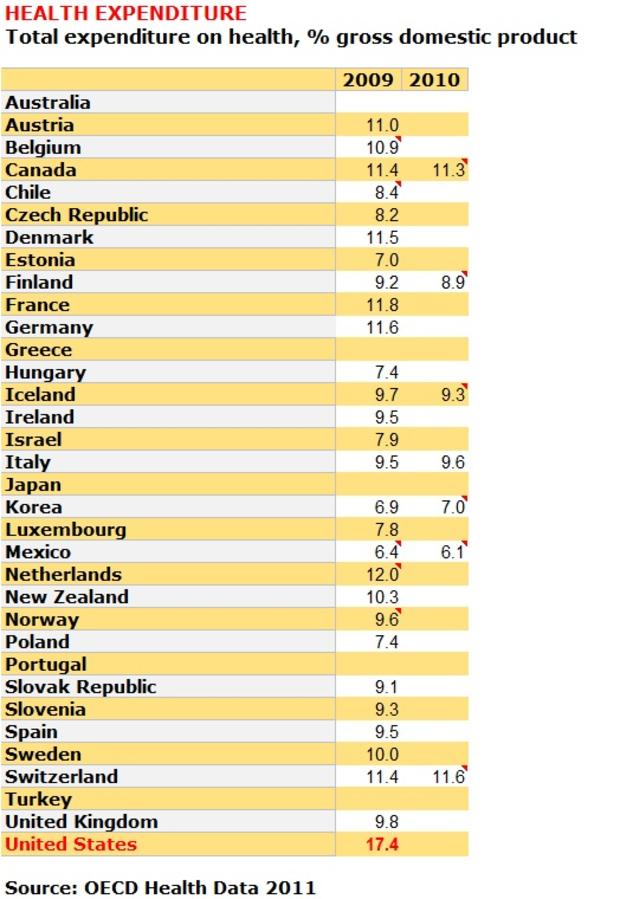Why my health plan will cost $55,280 a year
(MoneyWatch) COMMENTARY As a financial planner, I try to take care of every detail of my finances. Yet even applying that level of vigilance, I still have one big flaw in my own plan -- healthcare.
I generally believe in insuring what I can't afford to lose. For that reason, for years now I've had a high-deductible health savings account plan. Over that time, I've raised the deductible to $10,000 for my family. Despite that effort to lower the costs, however, my premiums keep going up roughly 20 percent a year. This year is no exception, with my monthly premium recently jumping 20 percent on my Anthem plan, to $620 per month. That's $7,440 a year to receive only a few services mandated by my state.
Why economists like the health insurance mandate
Historic review of healthcare law at High Court
VIDEO: Supreme Court begins healthcare law arguments
Now, it will be 11 years before I turn 65 and become eligible for Medicare. With the power of compounding, that rate of annual increase means my annual premium will eventually run $55,280 a year. And if Congress moves Medicare back to age 70, I can look forward to an annual premium of $137,554.
Who is to blame?
Before we go pointing fingers at Democrats or Republicans for the current healthcare morass in this country, I'd like to point out that health insurance costs have been spiraling for many years under both parties. We now spend far more than any other country for healthcare, yet have the shortest life-expectancy of any developed country. This is clear evidence that as a nation we aren't getting the bang for the vast number of bucks being poured into healthcare.
The problem, although eye-glazingly complex in its details, may be more simply broken down as follows:
- Health care providers are paid more when they provide more services to patients
- Providers must perform unnecessary procedures (defensive medicine) to minimize law-suits
- The vast majority of healthcare costs are borne by others, including employers and the government
In 2000, the U.S. spent the equivalent of 13.4 percent of GDP on healthcare, which was 3.4 percent higher than any other country, according to the Organization for Economic Cooperation and Development. By 2009, the those expenditures had risen to 17.4 percent of GDP, or 5.4 percent more than any other country (see chart below). In a global economy where most business contracts never reach a 5 percent profit margin, healthcare alone has already made us uncompetitive. In a decade, we may still have the best healthcare in the world, but very few people will be able to afford it -- even those like me who have been diligently putting money away.
Simple, not easy
I simply don't believe that Americans can't devise a healthcare financing system that is at least as good as what other developed nations use. Unfortunately, it appears this grave problem is getting lost in the shuffle of politicians more bent on making the other party look bad than on trying to solve it. Getting economic incentives right and getting lawyers out of medicine will be key. There will also have to be some rationing of services and ethical decisions made near the end of life.
What is most anxiety-inducing, and frankly hard to believe in light of the political polarization of recent years, is that solving this crisis depends upon our politicians' ability to work together to address complex, emotional issues. Remember, I said the answers were simple, not easy.
Author's note: This was upated on Mar 30, 2012.
